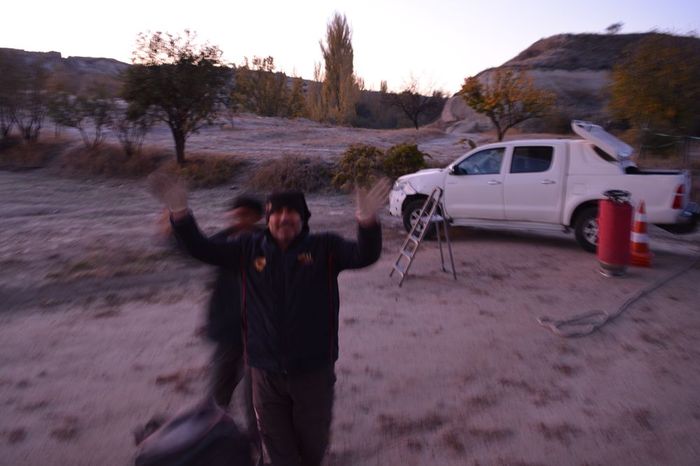II Here I must interrupt the thread of the story a while to relate how the Emperor suppressed the Paulicians. He could not bear the thought of entering the capital without having first subdued these rebels, but as though presiding over a second victory after a first, he caused the mass of the Manichaeans to complete the cycle of his achievements. For it was not even right to allow those descendants of the Paulicians to be a blemish, as it were, on the brilliant trophy of his western victories.
He did not wish to effect this by warfare, as in the clash of battle many lives on either side would be sacrificed, further he knew from of old that these men were very spirited and breathed defiance against their enemies. For this reason he was eager only to punish the ringleaders, and to incorporate the rest in the body of his army. Hence he proceeded against them adroitly.
Way back to Byzantium
He knew those men’s love of danger and irrepressible courage in battle and therefore feared that, if they became desperate, they would commit some terrible outrage; and for the moment they were living quietly in their own country and so far had abstained from raids and other forms of devastation; therefore on his way back to Byzantium he asked them by letter to come and meet him and made them many promises. But the Manichaeans had heard of his victory over the Franks and naturally suspected that those letters were misleading them by fair promises; nevertheless, though reluctant, they set out to meet him.
Alexius halted close to Mosynopolis, pretending that he was waiting for other reasons, but in reality he was only awaiting their arrival. When they came he pretended that he wished to review them and write down each individual’s name. So he presided with a grim face and commanded the chiefs of the Manichaeans not to ride past promiscuously but in parties of ten, promising a general review shortly, and then when their names had been inscribed, to enter the gates in that order.
The men whose duty it was to take them captive were all ready and after taking away their horses and weapons, locked up the chiefs in the prisons assigned them. Those who came after were in complete ignorance of these doings and therefore entered the town little knowing the fate awaiting them. In this manner then he captured them, and their property he confiscated and distributed among the brave soldiers who had shared in the battles and dangers that had befallen him. The official who undertook this distribution went to Philippopolis and drove even the women from their homes and incarcerated them in the citadel.
Read More about Norman West part 20








